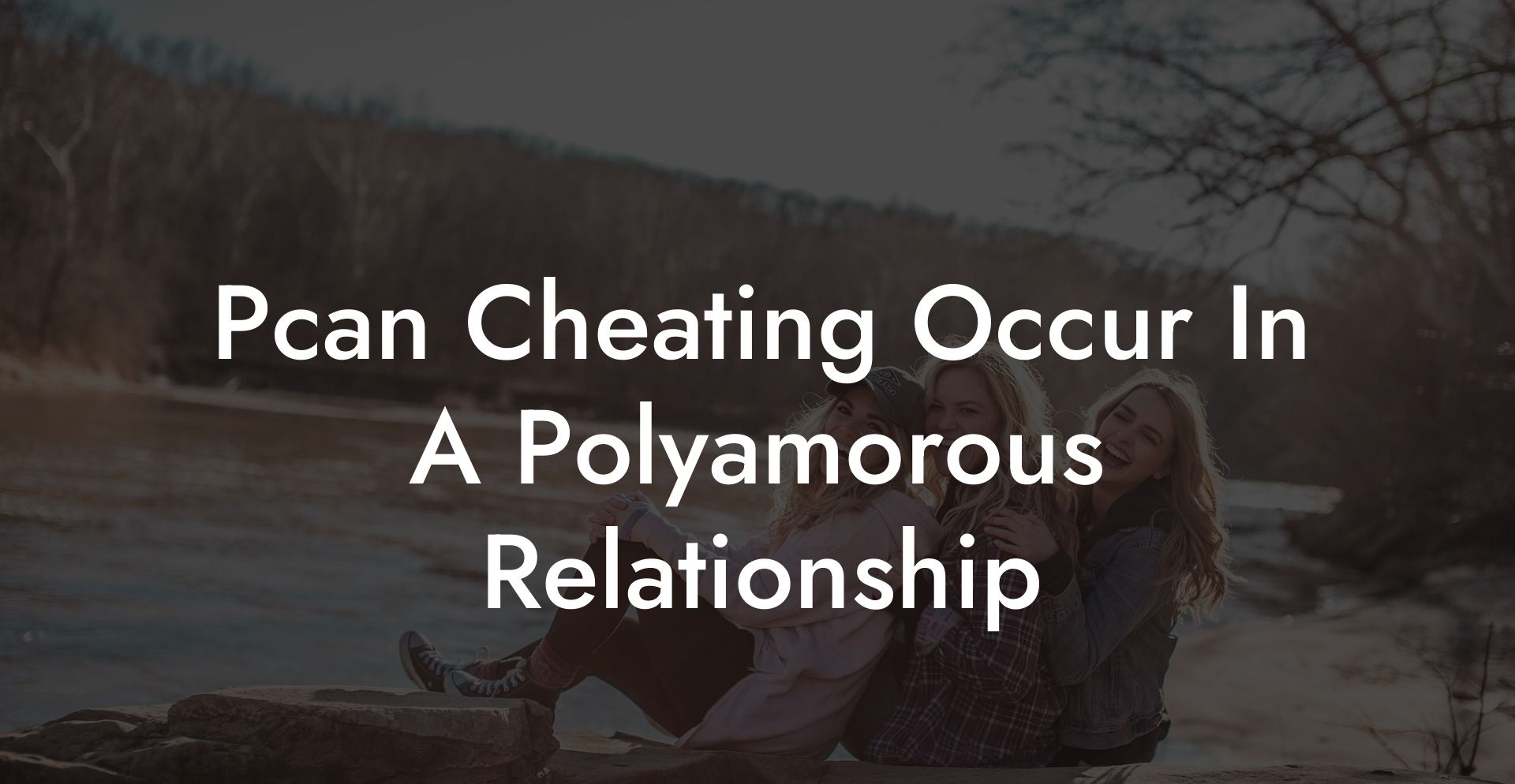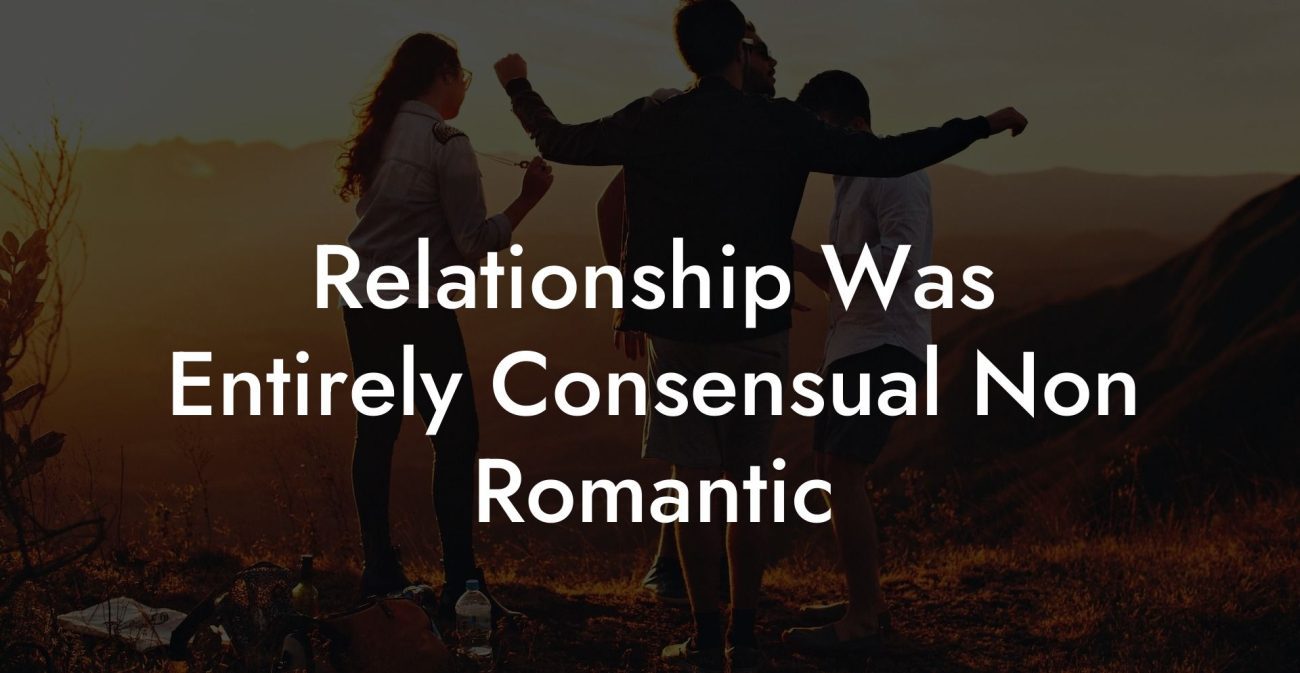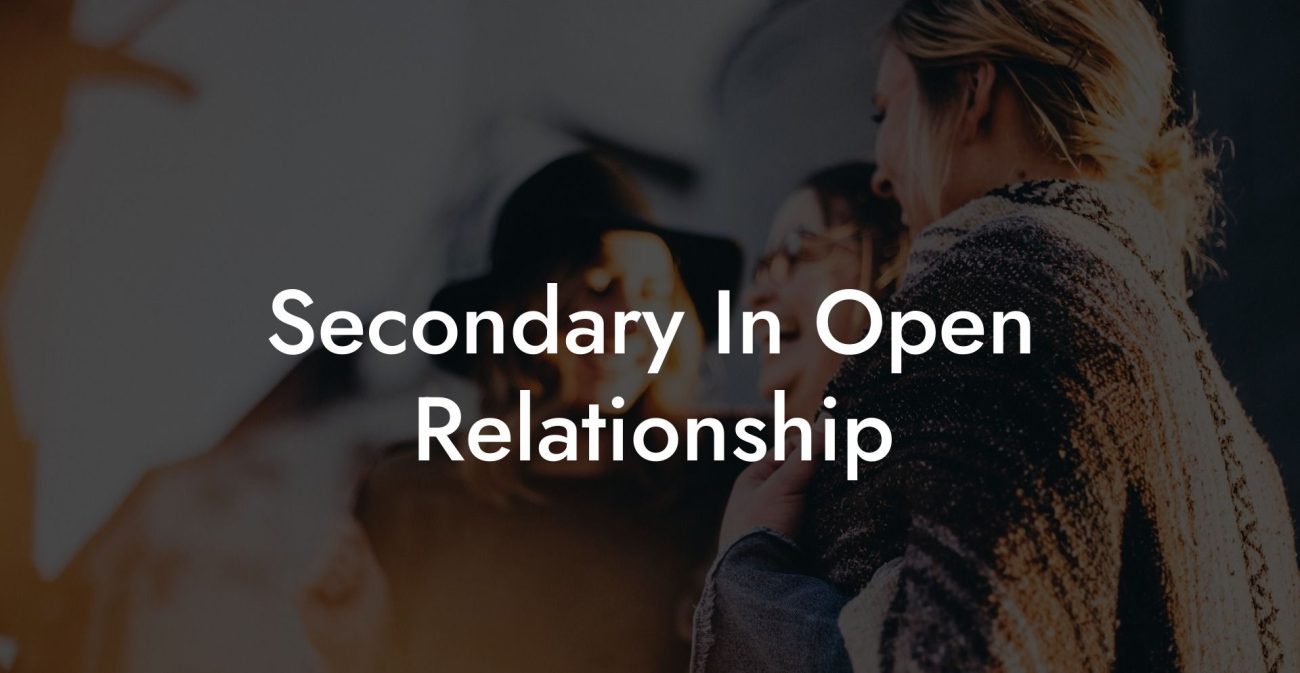Exploring the realm of polyamory raises many questions, one of which includes the possibility of cheating within such relationships. This article dives into the intricacies of polyamorous relationships and helps answer the question - can cheating occur in a polyamorous relationship?
Pcan Cheating Occur In A Polyamorous Relationship Table of Contents
Understanding Polyamory
Polyamory is a type of non-monogamous relationship that involves multiple romantic and/or sexual partners simultaneously, with the full knowledge and consent of all parties involved. Polyamorous relationships can take many forms, ranging from open relationships to closed triads or quads.
Communication and Consent
The foundation of these relationships is open communication and consent. All parties must agree to the rules and boundaries of their relationship to ensure the well-being of everyone involved. This creates a supportive and nurturing environment for all partners to express themselves and explore new connections.
Defining Cheating in Polyamory
To determine whether cheating can occur in a polyamorous relationship, we must first define what cheating means in this context. Cheating is typically associated with deception, dishonesty, and betraying a partner's trust. In a monogamous relationship, cheating often involves engaging in romantic or sexual activities with someone outside of the committed partnership.
In a polyamorous relationship, having multiple partners is not considered cheating, as long as those involved agree on the terms and boundaries set forth. However, if someone violates these agreements or engages in deceitful behavior, they may be guilty of cheating, even within polyamory.
Potential Cheating Scenarios
- New partners: A common agreement in polyamorous relationships is being transparent about new connections. If a partner hides a new relationship or fling from others involved, this could be considered cheating.
- Breaking boundaries: Partners often create rules to ensure everyone feels secure in the relationship. If one partner breaks these rules, such as engaging in unprotected sex or pursuing an off-limits individual, they are essentially cheating.
- Emotional betrayal: Cheating can also occur on an emotional level, for example, if a partner becomes emotionally attached to someone else without consent or shares private information about the relationship with others.
- Lying or dishonesty: If a partner lies or omits important information about their life or other partners, this deception can cause harm and be seen as cheating, even if there is no sexual or romantic relationship involved.
Preventing Cheating in Polyamorous Relationships
Polyamorous relationships call for strong communication skills, trust, and honesty to prevent cheating and maintain a healthy dynamic.
Establish Clear Boundaries and Agreements
From the onset, it is crucial for partners to discuss their expectations, desires, and limitations. Partners should continuously revisit these agreements and make adjustments if needed, as people and relationships evolve over time.
Practice Open Communication
Open, honest dialogue is essential in navigating polyamorous relationships. Partners should feel comfortable discussing challenges, boundaries, and desires without fear of judgment or resentment.
Build Trust and Emotional Intimacy
Strengthening emotional connections with each partner promotes a sense of trust and intimacy. This foundation makes it less likely for someone to engage in deceitful or harmful behavior.
Pcan Cheating Occur In A Polyamorous Relationship Example:
Imagine a closed polyamorous triad of individuals, Alex, Casey, and Taylor, who have established a loving and committed relationship. They have agreed that they will not pursue new romantic connections or engage in sexual activities with others. However, Alex meets a new person and, without notifying Casey and Taylor, engages in a romantic relationship outside of their triad.
Despite being in a polyamorous arrangement, Alex's actions can still be considered cheating. Alex violated the established agreements and broke their partners' trust by engaging in a new relationship without the explicit consent of those involved.
Polyamory offers the opportunity for deep connections and multiple loving partnerships. However, like any relationship, cheating can still occur if trust, communication, and established agreements are violated. By maintaining open and honest dialogue with all partners, those in polyamorous relationships can navigate these challenges and foster healthy, fulfilling connections. If you found this article insightful and helpful, please feel free to share it and explore other guides on The Monogamy Experiment.













